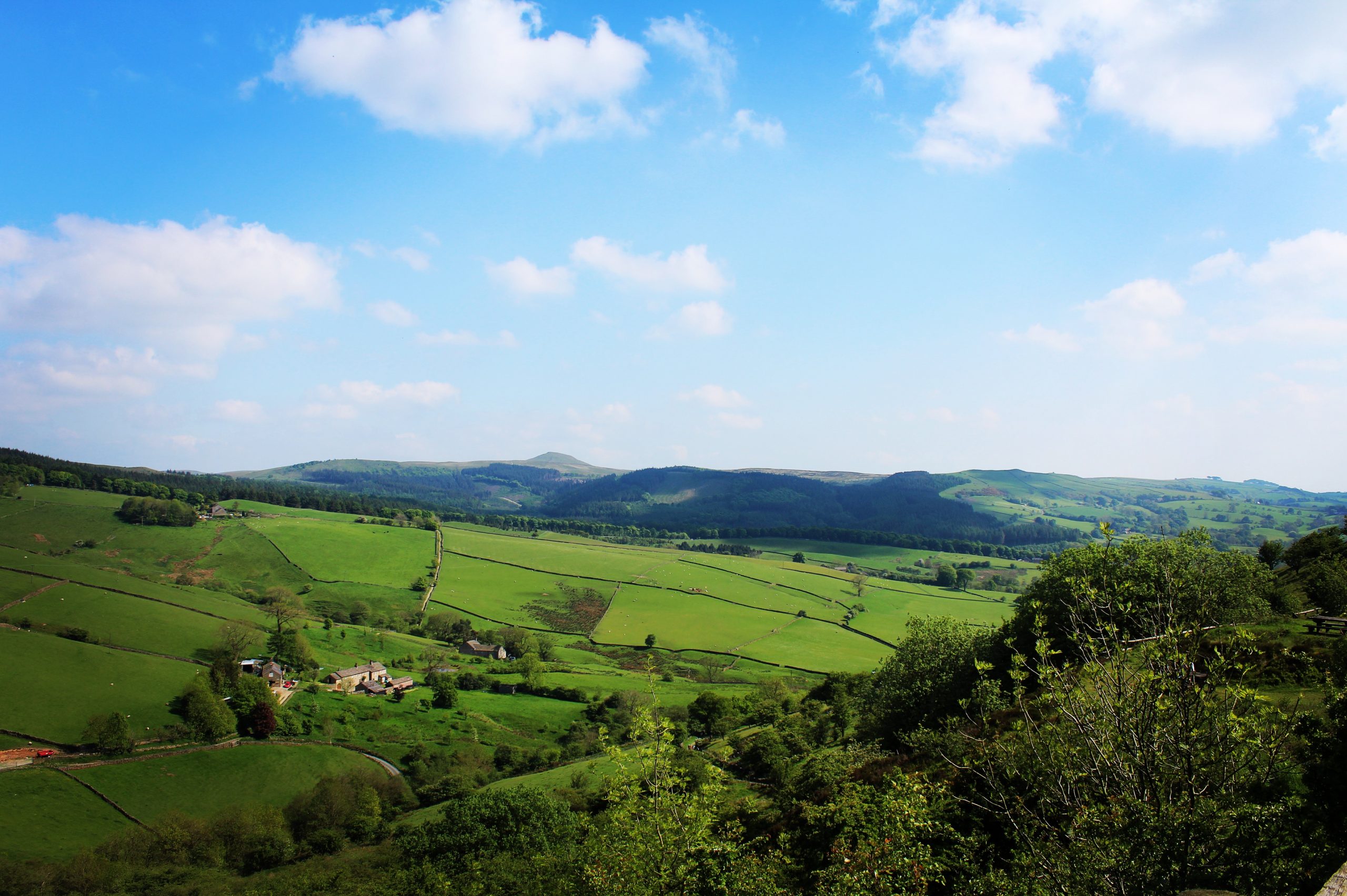The Agriculture Act 2020 received Royal Assent in November 2020, marking a significant change in agricultural and farming policy with the introduction of the Agricultural Transition Plan.

The new legislation aims to drive competitiveness, increase productivity, reduce carbon emissions, and generate fairer returns across the agricultural industry.
As a result, The Department for Environment, Food and Rural Affairs (DEFRA) has released guidance on the future of farming support, as a seven-year transition away from EU based rules begins in 2021.
The key change in policy is the phasing out of the Basic Payment Scheme (BPS), with reductions being made to payments from 2021. The new approach will also include various new schemes and grants such as the Environmental Land Management scheme, to support farmers as the BPS scheme is removed.
It is important to note that many of the schemes are still in pilot or consultation stage, and further details on the application process for these schemes are yet to be released.
Here we detail the upcoming changes.
Removal of the Basic Payment Scheme
Direct Payments will be phased out from 2021 to 2027, with reductions being made progressively each year. Everyone will have a reduction of 5% on their first £30,000 of payments in 2021, followed by bigger reductions in higher payment bands.
BPS will be replaced with delinked payments in 2024. With delinked payments, farmers will not have to farm the land to receive payments, until they have been phased out. Eligibility for delinked payments will be based on a reference period which will be decided after consultations in 2021.
Reductions will be applied to the total payment the farmer would have been due in each year, including the total BPS payment and any young farmer payment.
Money from these reduced payments will be invested back into farming and the countryside.
The following table shows how payments will be reduced from 2021 to 2024:
| Payment value before progressive reductions | 2021 payment | 2022 payment | 2023 payment | 2024 payment |
| £5,000 | £4,750 | £4,000 | £3,250 | £2,500 |
| £10,000 | £9,500 | £8,000 | £6,500 | £5,000 |
| £20,000 | £19,000 | £16,000 | £13,000 | £10,000 |
| £40,000 | £37,500 | £31,500 | £25,500 | £19,500 |
| £80,000 | £70,500 | £58,500 | £46,500 | £34,500 |
| £160,000 | £134,000 | £110,000 | £86,000 | £62,000 |
An exit scheme for farmers who wish to retire will also be introduced from 2022. Those who wish to use the scheme will be able to take a lump sum payment in place of any further BPS and delinked payments. Farmers will be consulted on lump sum payment rules in 2021.
Agri-environment schemes
ENVIRONMENTAL LAND MANAGEMENT
A new scheme will pay farmers and land managers to deliver public goods. A 3-year national pilot of the scheme will begin in 2021.
The scheme will be made up of three components:
- Sustainable Farming Incentive (SFI): will pay for environmentally sustainable land management actions, open to all farmers.
- Local Nature Recovery: will pay farmers and land managers for actions that support local nature recovery and deliver local environmental priorities. Available from 2024, following a 2021 national pilot.
- Landscape Recovery: bespoke agreements to support long-term land use change projects such as rewilding. Available from 2024, following pilot projects from 2022-2024.
COUNTRYSIDE STEWARDSHIP
The scheme will be available for new and existing applicants until 2024 (last new applications in 2023). New agreements starting after 2024 will be managed through the Environmental Land Management scheme.
The scheme will be improved to simplify processes and make inspections fairer.
CATCHMENT SENSITIVE FARMING
Catchment Sensitive Farming will continue to be available from 2021.
Advice and Countryside Stewardship capital grants will be available to improve water quality in high-priority areas.
FARMERS IN PROTECTED LANDSCAPES
Funding will be provided to support farmers in protected landscapes such as upland farms.
Funding will be available for both farm-level projects, and wider infrastructure projects to allow for improvements to the natural environment, cultural heritage, and public access to land.
TREE HEALTH
A tree health scheme will be launched in 2024. This will replace the Countryside Stewardship Woodland Capital Tree Health Restoration and Improvement grants.
A pilot will be run in 2021 to help design the scheme.
Several existing schemes such as the Woodland Carbon Fund and the Woodland Creation Planning Grant are in place for woodland creation and support.
Animal health and welfare schemes
ANIMAL HEALTH AND WELFARE PATHWAY
This pathway aims to support farmers to produce healthier animals, by providing financial assistance, strengthening regulations, and improving consumer transparency. This will be co-designed with farmers and the wider industry in 2021.
Further support will be provided from 2022, including capital grants and financial support for vet visits.
THE LIVESTOCK INFORMATION PROGRAMME
The new system will improve traceability services for multispecies livestock, providing simpler, paperless processes and better data sharing.
Farm resilience and productivity schemes
Further support will be provided to help farmers plan for the future, and maintain and improve productivity, particularly for those most affected by the removal of BPS.
TRADE AND AGRICULTURE COMMISSION
The commission will advise the government on new export opportunities for the UK agricultural industry. It will also provide advice on ensuring UK farmers do not face unfair competition.
FARMING INVESTMENT FUND
The fund will offer funding for equipment, technology, and infrastructure that improves farm productivity and benefits the environment.
It will be split into two funds, for higher and lower value investments.
Eligible investments could include robotic or automated technology, or water storage infrastructure.
More details on the scheme will be published in Autumn 2021.
SLURRY INVESTMENT
This scheme will be offered from 2022, and will help farmers to invest in new slurry stores, aiming to reduce pollution from farming.
Regulation and enforcement
Changes will be made to regulation and enforcement. Cross-compliance will stop being the main way to inspect and enforce baseline regulations after the delinking of payments is stopped in 2024.
The government will consult with farmers on a new approach in 2021.
Further details on this guidance can be found on the government website here.
Our specialist accounts teams can help with annual and quarterly management accounts to assist with grant submissions. It is important that up to date accounting records are kept, as these may be required as part of the application process.
Additionally, the receipt of new subsidies may have taxation consequences depending on the type of grant received and whether classed as capital or revenue.
If you have any questions regarding these grant applications and how we may help, please do not hesitate to get in touch.
View in flyer format



